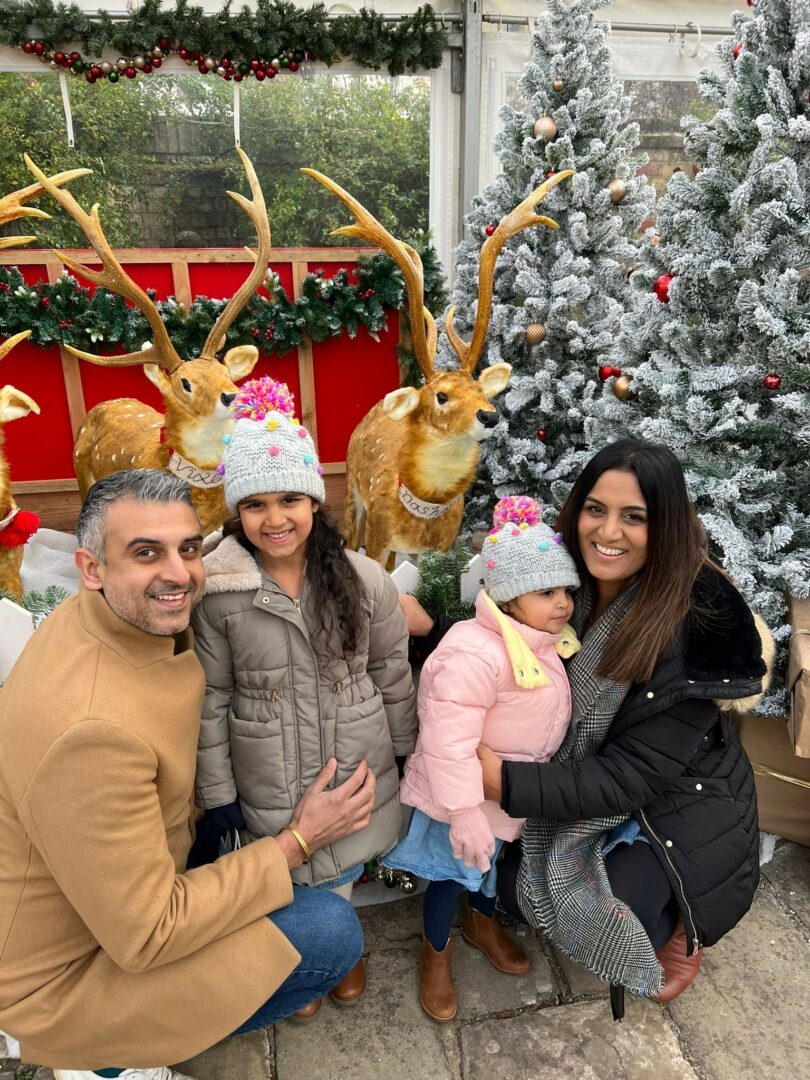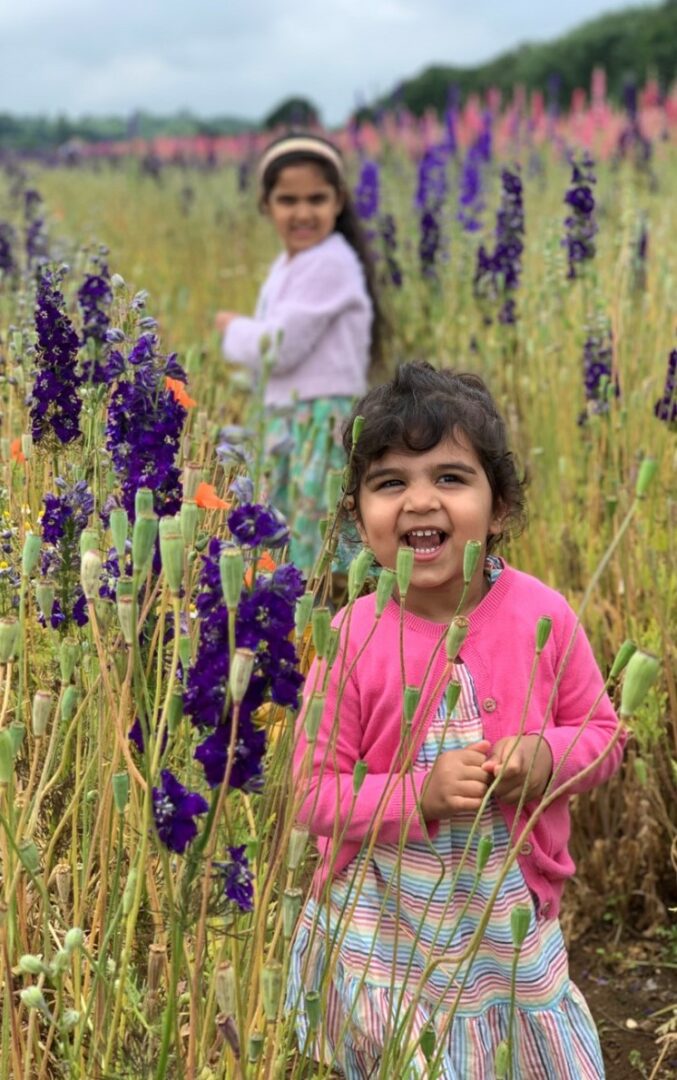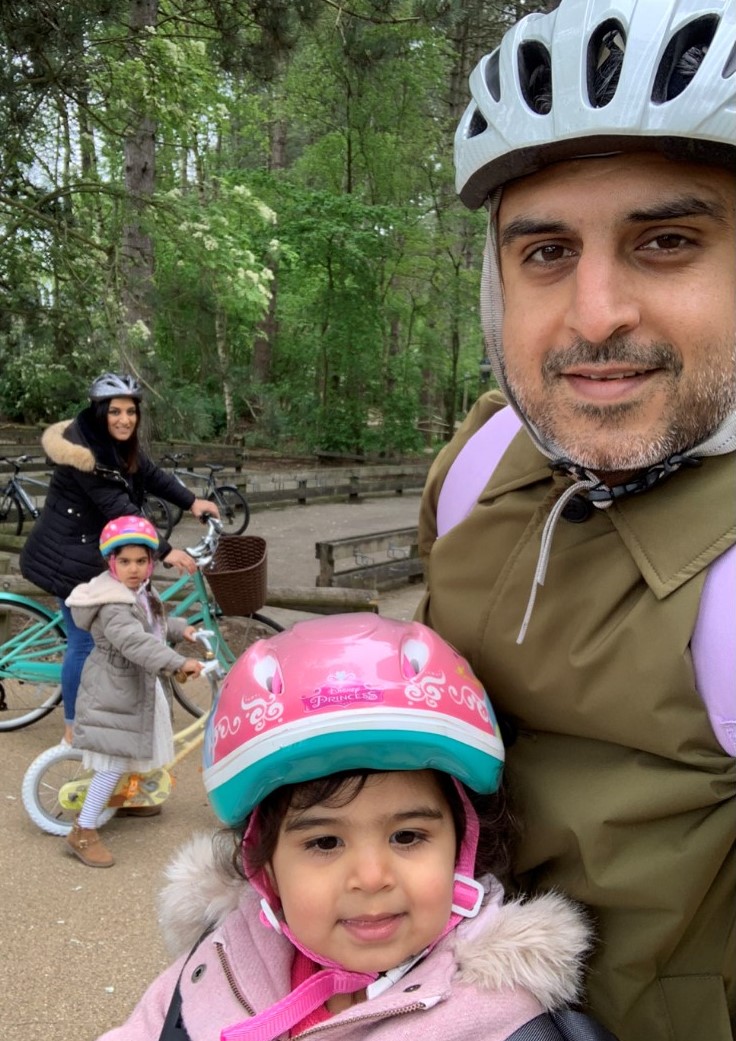Amanjit Sandhu is a senior support director in Blue Yonder’s customer success team and he shares the importance of listening as part of leading with an empathetic mindset. He talks about how he adds balance into his work week, the importance of inclusion and having your voice heard, and how the pandemic has taught him an unexpected lesson in patience.

Why do you DIVE In?
For me, the ‘I’ in DIVE is key for me – inclusion. I work with a culturally diverse team across Europe with a range of different cultures and ages, from the UK, China, Germany, Poland and beyond. I am also Indian but was born and raised in the UK with a whole different culture here.
It’s very important to be aware of different perspectives and points of view from others. I find that by being highly inclusive, you get the best out of people. Being inclusive is however, a difficult skill to learn and is not something you just naturally have. You need to be very conscious of inclusion so you don’t unconsciously exclude people without realizing it. They then feel devalued and that their voice isn’t heard.
How has empathy resonated with you over the past year since the pandemic?
The biggest thing I try to demonstrate as a leader is from Stephen Covey’s 7 Habits of Highly Successful People: seek first to understand, then to be understood.
The listening piece is so important to empathy, especially given how COVID is impacting everyone. I try to practice this in everything I do. I also try not to be interesting but to be interested in that person or situation. It is harder to be interested than it is to be interesting. But you are seeking to understand all perspectives, which draws back to being empathetic. At the end of the day, we were given two ears and one mouth.
Another example of empathy is around my own parents. I haven’t seen them in over a year due to COVID. They are older and my father is hard of hearing and doesn’t always wear his hearing aids so he has trouble hearing me on the phone. We try to use different methods of communicating like WhatsApp or Facebook Portal but they don’t understand these technologies that well. I have learned to be more patient with them as an older generation. Their world is different, and I can’t just be frustrated. I have to adapt to their situations and be patient, find a way forward, and make it work.

What’s your advice on how to be a better listener?
I really have to be self-aware and I try to be an honest broker. It’s important to not just react or jump the gun and take in what’s being said, but to also gather other points of view or sides to the story. By doing that, you step back, pause, internalize, and do more seeking to understand. You also can’t be afraid to ask questions. Questions will help you understand.
At home, my wife gave me a sign for my desk that says ‘fixer of everything’ as my kids see me that way, which I love. But sometimes, my wife doesn’t want me to ‘fix,’ she just wants me to listen. It also depends on the circumstance. Sometimes the other person may want me to listen, or listen and share my opinion.
What’s one piece of advice you would have given your younger self?
Develop a professional network as soon as you can. In 2016, we rebranded internally in our department from customer support to customer success, which made me very curious. It led me to develop my own network through LinkedIn. I wanted to truly understand customer success so I looked for books and podcasts and tried to consume as much information as possible to learn and educate myself.
Building a network is great because you uncover so much more. I’ve met people, been to events, traveled, and was even asked to co-endorse a book on customer success – The Customer Success Pioneer – not because I am an expert but because I developed a relationship with the author.
Have you ever realized you had an unconscious bias? What did you do about it?
In meetings where I use to say, “how is everyone doing, guys?” I realized that by doing that, I am excluding people who are not guys. Through training on inclusion, I now know that I should address people by their names, instead, or as a team and implement more gender neutral language.
What life experiences have shaped you the most?
The birth of my children. Becoming a father is something you can never truly prepare for. The moment you see that child, something changes. It was life-changing because you have this new dimension of life you have to think about. You are everything to them.
Another dimension to this is when your children start maturing. My eldest daughter is 4 and seeing her off to school for the first time had me asking all these questions of myself – is she going to be okay, will she know where to go, what to do? It consumes your head.

Have you had any mentors? What has that experience been like/taught you?
I did. Gabriel Werner was a mentor of mine. One of the things he told me – do good and tell people about it. I had an internal struggle with that at first until I realized it was not about self-promotion. But what he meant was, if you do something well and influence someone positively, go ahead and share it as it may help someone else.
I have also been an internal WIN mentor since 2016 or so. I am so passionate about it. I have mentored 7-8 people now from America to India and UK. I often share my view on the importance of seeking to understand and that there are always three sides to every story: yours, theirs, and something in the middle.
One way of giving back is I am going through the process of becoming a mentor to young adults through MentorNect, a non-for-profit organization aimed at providing tailored virtual mentoring services to young adults in the UK.
How do you maintain work/life balance?
I allocate time in my calendar to be very mindful of balance. I block 7:30-8:30 a.m., lunch, and around 4:30 p.m. onwards. Because I want to make sure I invest time in myself. I find that this balance allows me to focus on work and be present at home.
I am also getting better at being more mindful of others’ time and setting the right example. I try not to work in the evenings or send emails to my team in the evening unless unavoidable. If something can wait, it can wait. I’ll say no when I need to. I make sure I make time for myself. For example, my wife and I go to lunch 1-2 times a week as a priority to each other.
What’s one fun (or surprising) fact about you?
In 2020, I turned 40. I made a goal to do a parabolic (weightless) flight. I’m still waiting to do that as COVID has impacted it, but it’s a goal!

